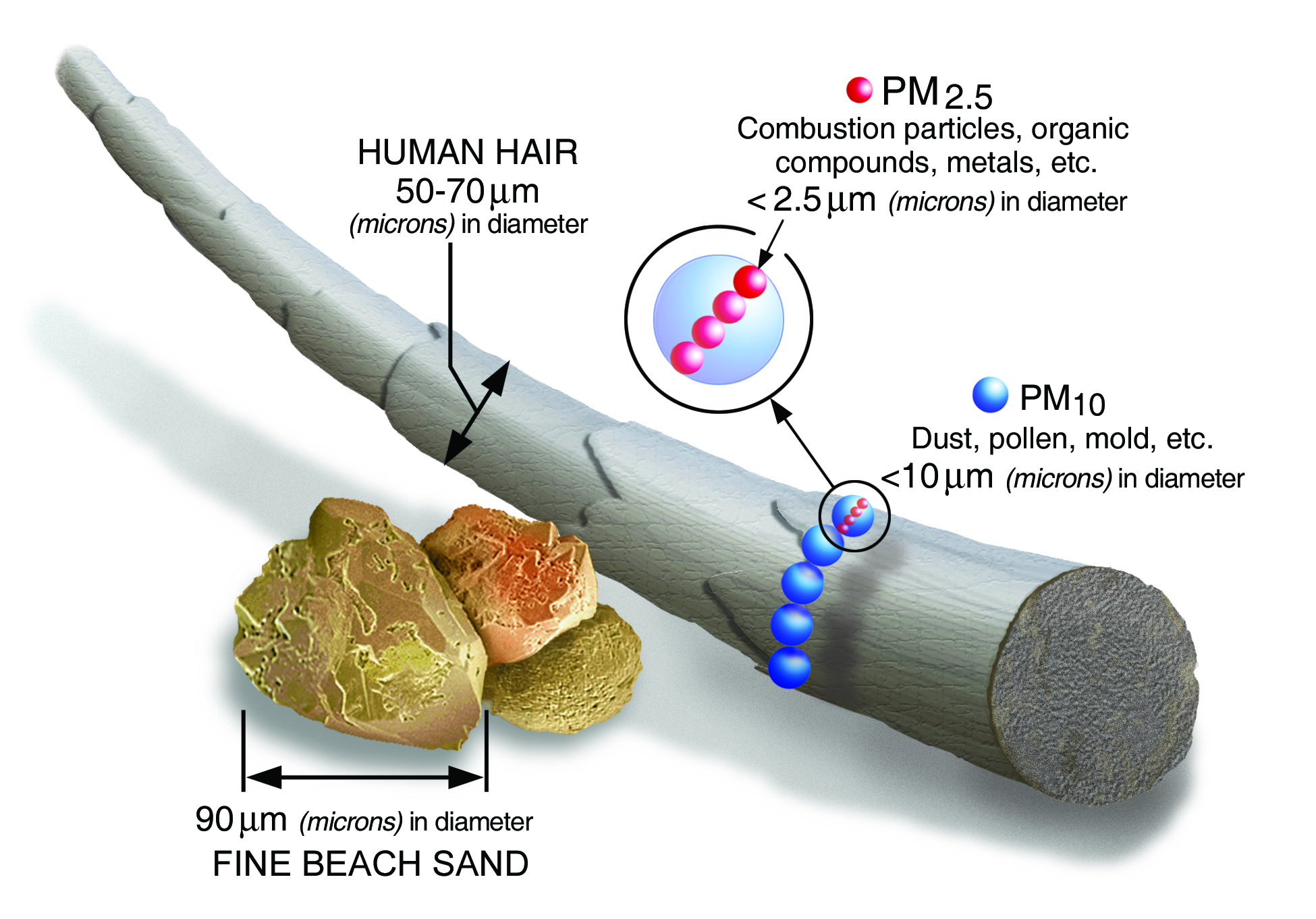Air Pollution, The Research – Part 1
Air pollution appears highly important, neglected and tractable. This post gives a high-level overview of air pollution as a cause area and outlines strategies to tackle it effectively. We (Founders Pledge) are currently evaluating the cost-effectiveness of specific organisations tackling air pollution, compared to GiveDirectly.
Executive Summary
Air pollution is the fifth largest risk factor for mortality globally, causing the deaths of nearly 7 million people every year. It is an issue worldwide, with 99% of the world’s population living in areas above WHO air quality guidelines. It is especially acute in low and middle-income countries, where over 90% of deaths occur. In addition to the immediate mortality cost, air pollution potentially worsens cognition and mental health, with an economic cost of 3% lost global GDP.
Air pollution remains highly neglected, with $64 million spent in 2021 by foundations to tackle the issue directly – less than 0.1% of total foundation funding. Only $9.58 is given by foundations for every air pollution death – nearly 8x less than HIV/AIDs. This disparity is more extreme in low and middle-income countries, where only 3.6% – or $2.36 million – is spent across Africa, Latin America and Asia (outside India and China) by private foundations. Air pollution funding, therefore, remains highly distorted relative to where the problem is worst.
Air pollution is a highly complex topic, with thousands of potential interventions to pursue in different cities, tackling different sources, all through different approaches. To prioritise within this complexity, we identify various impact multipliers. This approach can multiply the impact of an air pollution dollar by several orders of magnitude.
We recommend that individuals and foundations funding air pollution interventions should:
- Prioritise urban areas, and in areas where pollution is most deadly.
- Focus where populations are growing and air pollution is worsening.
- Prioritise the largest, most affectable sources of PM2.5.
- Focus on the most neglected regions and sources, and where interventions are most politically feasible.
- Prioritise policy, especially at the stage most appropriate for a country’s development.
In practice, this means funding air quality monitoring and source-specific policy advocacy in South East Asia and Sub-Saharan Africa – neglected regions where emissions are set to grow.
Acknowledgements
Thanks to the following for their feedback and expertise on this project:
- Johannes Ackva – Founders Pledge
- Mélanie Basnak – Charity Entrepreneurship
- Santosh Harish – Open Philanthropy
- Sam Hilton – Charity Entrepreneurship
- Rachael Kupka – Global Alliance for Health and Pollution
- Matt Lerner – Founders Pledge
- Sumi Mehta – Vital Strategies
- Isabella Suarez – Centre for Research on Energy and Clean Air
- Shazia Rafi – Air Quality Asia
Introduction
The Global Burden of Disease estimated that 6.7 million deaths were attributable to air pollution in 2019, making it the fourth largest global risk factor for mortality. 93% of these deaths occurred in low- and middle-income countries. In 2019, 99% of the world’s population was living in places where WHO air quality guidelines were not met.
Pollutants
Air pollution consists of many potential pollutants: particulate matter (PM10, PM2.5, PM0.1), Ozone (O3), Nitrous Oxides (NOx), Sulphur dioxides (SOx), Carbon monoxide (CO) and more. This report focuses on PM2.5 – fine particles with a diameter less than 2.5 micrometres.

This is because:
- PM2.5 is responsible for most air pollution deaths.
- PM2.5 is well-measured and studied.
- PM2.5 is a proxy for other pollutants.
PM2.5 concentration is commonly measured as PM2.5 micrograms per cubic metre (or PM2.5µg/m3).






